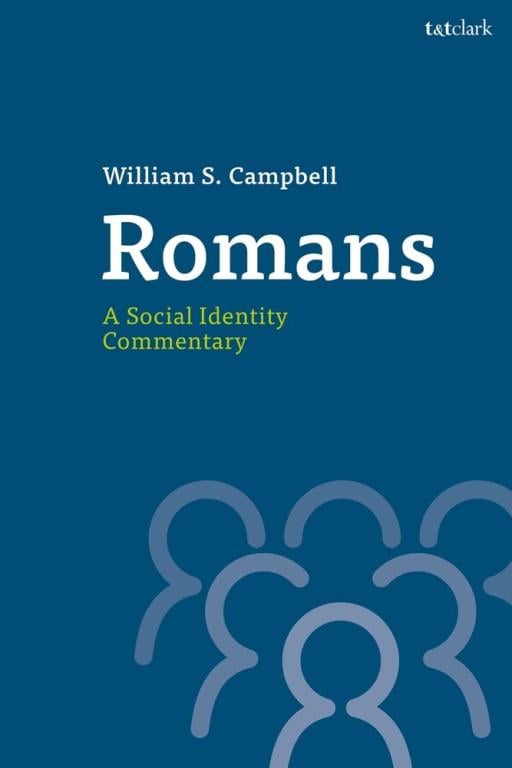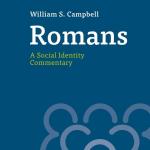Q. So far as I can see, Gentiles did not go around calling themselves Jews, even if they were God-fearers. Besides the general anti-Semitism of the Roman culture (see e.g. Juvenal’s satires), they were perfectly happy to just be called God-fearers. Consider for example this inscription from the theater in Miletus—– it reads. “τόπoς Ειουδέων τῶν καὶ Θεοσεβίον”the place for the Jews and the God–worshipers”.
This inscription was surely made by Gentiles.
So far as I can see the person who calls himself or is called a Jew in some public way is surely a Jew who is proud of being a Jew. In Rom. 2.17 Paul does not use the term legomenon— so-called. In fact, the Greek either reads ‘if you are called a Jew’ or ‘if you call yourself a Jew’ relying on the Mosaic Law and boasting in the Biblical God. So here Paul is critiquing a censorious Jewish teacher, having already critiqued a Gentile one. And notice the second verb is also imperfect passive or middle/passive, but no one is rendering it ‘you yourself boast’. What do we make of the fact that neither Paul nor Josephus ever uses the term proselytos? One thing one could conclude is that when Paul says Jew, he means Jew. He may not mean Judean but he does mean Jew.
How would you respond?
A. I am not convinced that if I am reported as calling myself something e.g. a sportsman, that it means that I actually am what I am reported as claiming to be-it could be an ironic statement saying indirectly “Yes, you are reported to be this, but I am not convinced that you qualify to be called a sportsman”. If I am born as a Texan or as a Scot , I would not go around wanting to be called such – there would be no need to make such claims because there is no doubt about my status. Only if there is some debate about my citizenship would there be any need for me to make claims about it e.g. an immigrant’s documentation. It seems much more plausible that Paul is describing a non-Jew who by practising certain Jewish things is seeking to further claims to be a Jew.
As I note in the Commentary the strongest evidence in support of this reading is found in a text at the time just before Romans was written. When Claudius was emperor, i.e. in Paul’s time, a legal claim to be a Roman citizen was permitted if certain conditions had been fulfilled. “I so grant this benefit to them that whatever they have done or transacted as if they were Roman citizens, either with the Tridentini or with others , those things I order to be legally valid, and the names which they have previously had as if they were Romans citizens I permit them to retain”. Claudius here solves the problem of citizenship and legal status for certain alpine tribes by legislating that those things that were done previously as if they were Roman citizens, but prior to becoming such, are confirmed exactly as if they had been citizens at the time when they began their military service. Clifford Ando the well known classical scholar comments on this legislation thus “in the crucial matter of one’s identity as slave or free, the fact that others took you as one or the other was sufficient to prove as it were what you were, and the legal judgment that followed was taken to bring into harmony the legal and the social”(Race and Citizenship in Roman Law and Administration” (Romans Commentary 102-03). In the light of this contemporary example, it seems the best way to read ‘calling yourself’ or ‘being called a Jew’ in Rom.2.17 is that this indicates taking on a status which one did not have previously, or about which there was some uncertainty. If one adds to this Paul’s clear address to the Romans as non-Jews, and the fact that he does not use the term proselytos in Romans, then it seems unwarranted to take a claim to be a Jew or wanting to be called a Jew as a reference to actual Jews, of whom there were many in Rome, but whom Paul does not address here.













